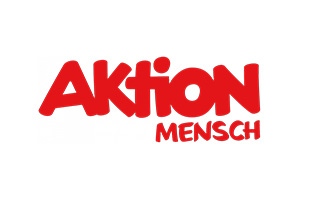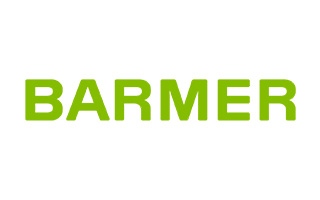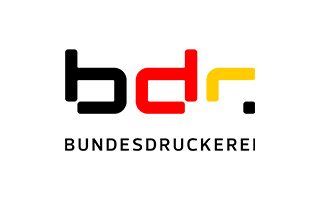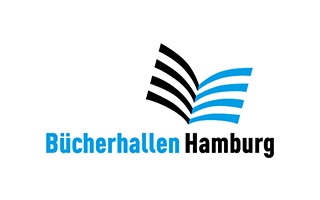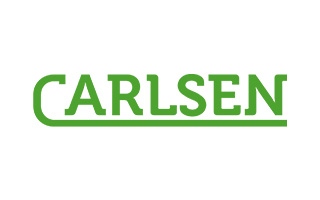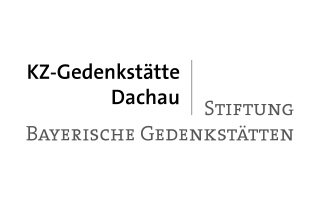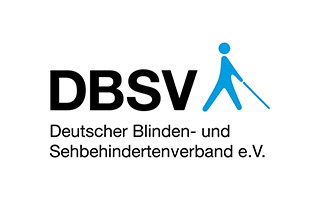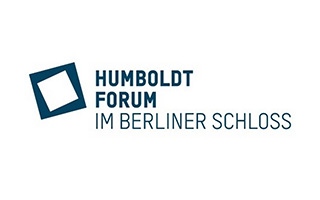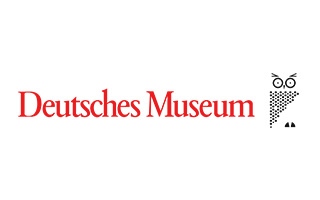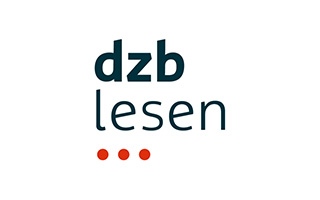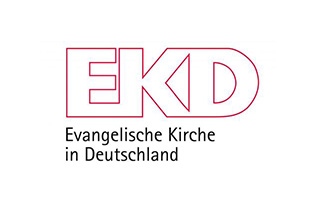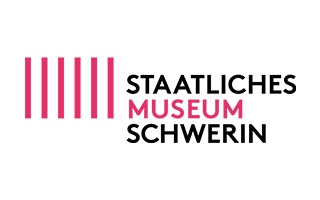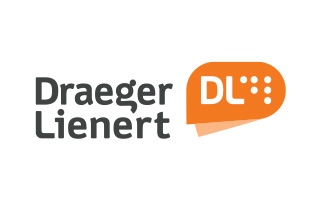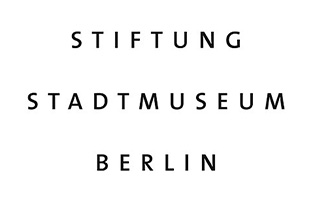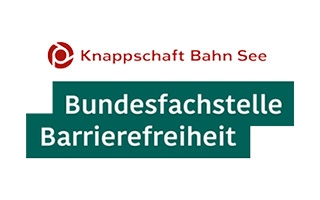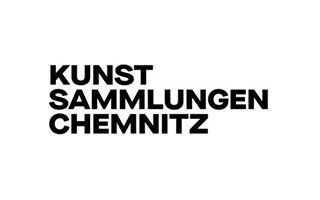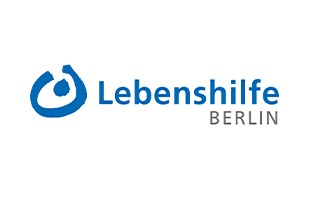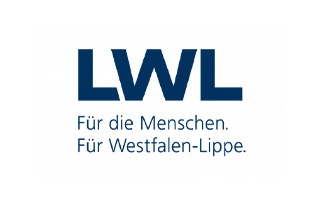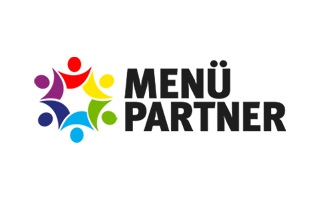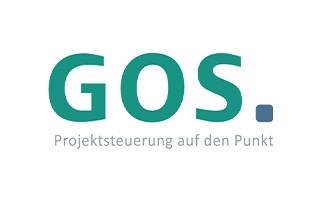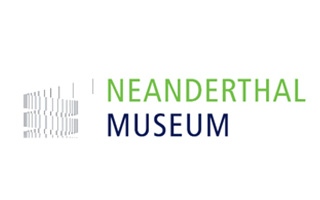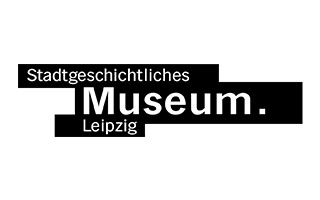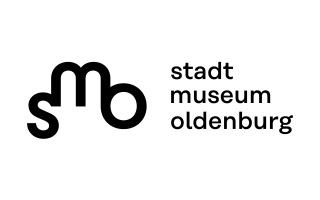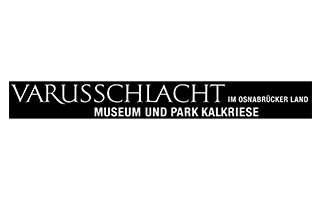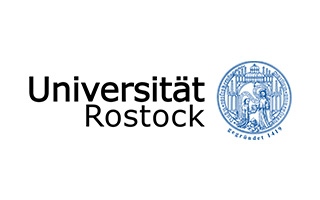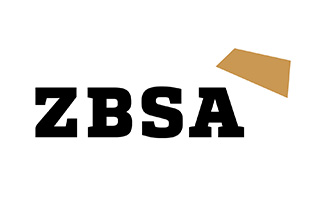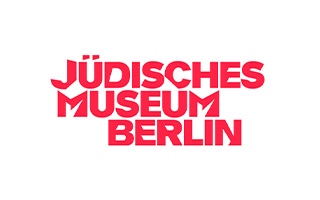Knowledge for more inclusion:
Connecting people, creating shared moments
Design for All, Universal Design, Inclusive Design; whatever terms we employ, the important thing is core agreement about what these terms stand for. Design, which reaches beyond the status quo. Design, which lays the foundations for a straightforward, human approach and enables and promotes inclusion.
Inclusive design puts the user at the heart of the design process. Design for design’s sake doesn’t work. Inclusive design recognises and addresses people’s diversity, their different needs and circumstances.
Everybody should be able to participate in and enjoy art, culture and information freely and independently, and use products and services without any restriction.
At inkl.Design we meet these challenges with investigative curiosity and long-standing expertise. Our qualified and experienced staff understand the distinctive nature of individual needs and can tailor solutions for inclusive communication. Every single member of our team is committed to making the difference for inclusivity. This is what distinguishes us from other design agencies.
There’s more to inclusion than accessibility
For many years, inclusive design solutions were all about accessibility and compensating for disadvantages which people with disabilities experienced. Very rarely was the approach truly inclusive and this led to less-than-ideal results. Though physical barriers were removed, users often had to take detours, which separated them from other visitors or users. It still contributed to a general stigma for disability and particularly if designed in a notorious ‘special needs’ style.
Rather then developing products and services for ever smaller target groups, a culture change is needed in the way we address the matter of inclusion. It should be based on an aspiration towards universal, fully comprehensive accessibility. We need to grasp the opportunities offered by the process of inclusive design by understanding the vast untapped potential inherent in the issues of both diversity and heterogeneity.
We are convinced that inclusive design is successful through a change in conceptual approach.
Guidelines
These are our main principles and objectives.
Inclusive Design
No more ‘special needs’ design. We aim to create integrated design which works for everyone. Different needs and requirements will be incorporated into the design as a whole while remaining apparent as an added value and as part of a Design for All.
A levelplaying field
Everyone can use and access our designs on an equal footing. The advantage of a design which all users can approach independently is that it can promote new ways of experiencing and seeing for all participants
Professionalism
We know what we’re good at. We also know when to collaborate. We’re only too happy to join forces with fellow experts as and when required. Our projects are developed in conjunction with a national and international network of experts.
Innovation
We’re constantly on the lookout for new ways of doing things. We want to create elegant, innovative and functional designs and products which delight and surprise everyone, including ourselves.
Think outside
the box
We aim high but always remain open to suggestions, changes and advice. We don’t do things without consulting the people who use our designs. The best ideas often spring from the feedback of our target audience. Everyday users inevitably have insights and experiences which enable us to find the right solution.
Social responsibility
Inclusive design changes the way we work
Inclusive design requires a conceptual framework that significantly improves on any conventional design agency’s practices. Most of our clients have very specific requirements. inkl.Design solutions add further value to the product or service by making them accessible in many and varied ways.
Tailored usability analysis, workshops for clients, development of innovative design concepts and new manufacturing methods are all part of a process, known in design research as ‘Universal Design Thinking’.
Ultimately, it is important not only to recognise the diversity of people as creative potential, but also to make consistent use of it. We develop inclusive design solutions with their future users, disabled or not. This leads to living environments that are useful and attractive for everyone. We passionately meet this demand for change, which also affects us personally, on a daily basis.
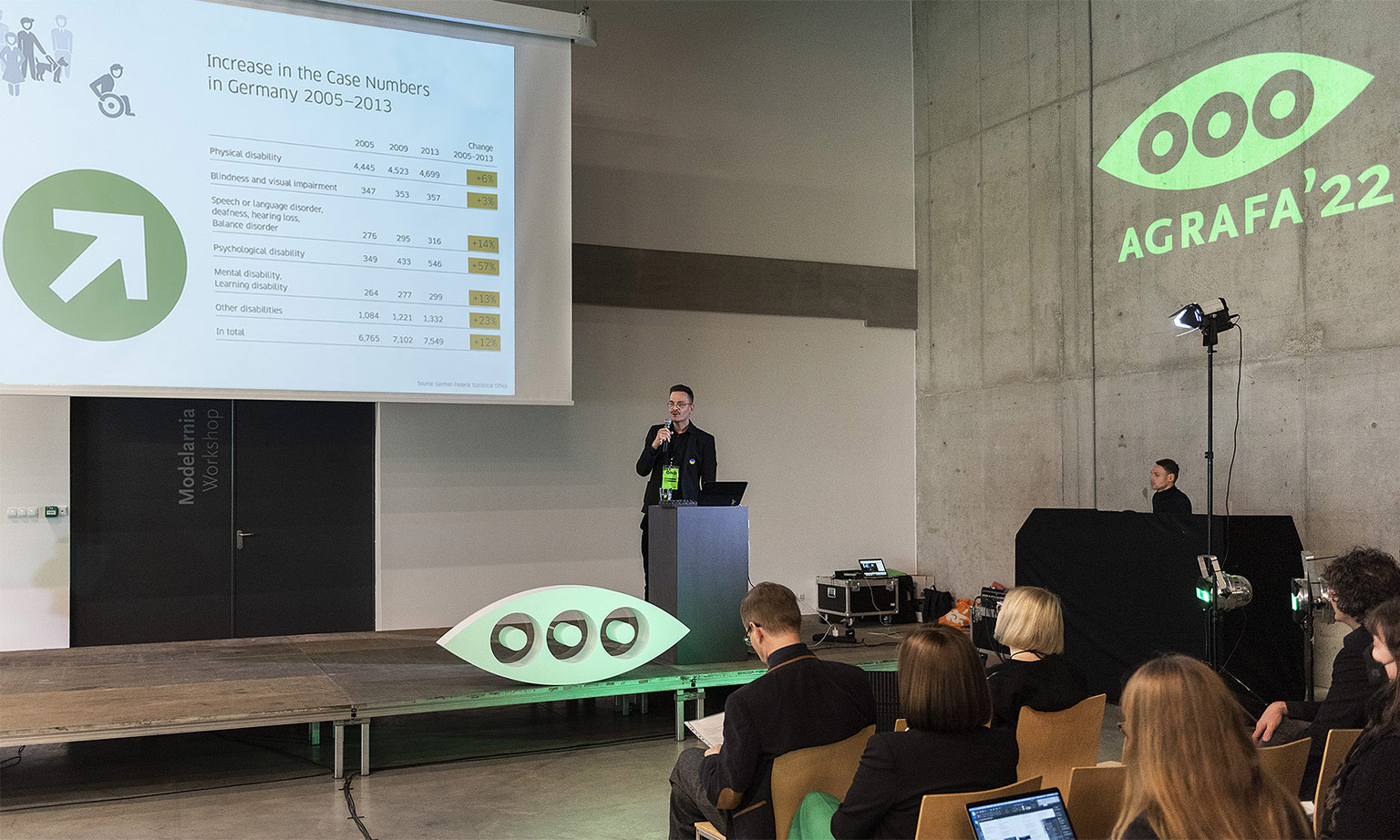

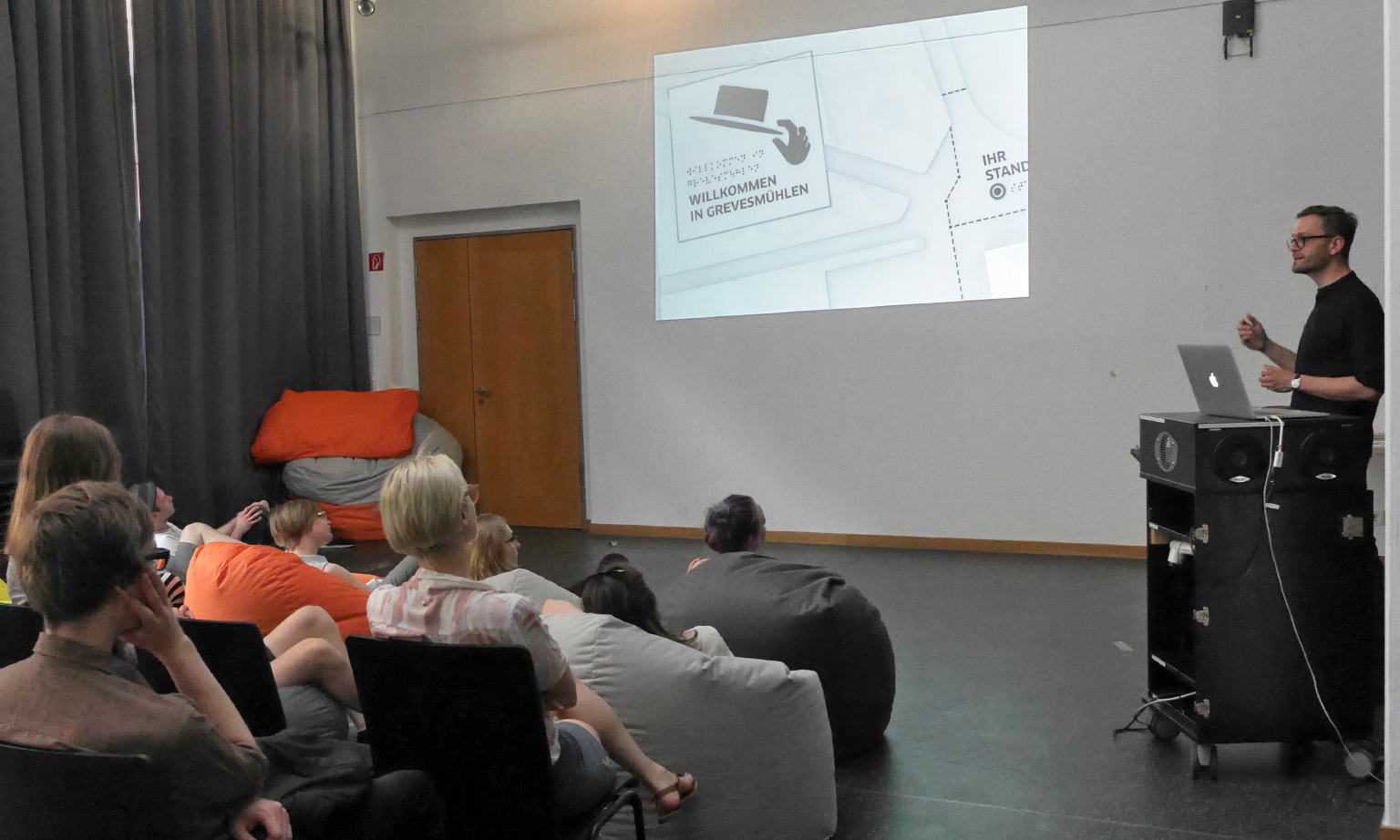
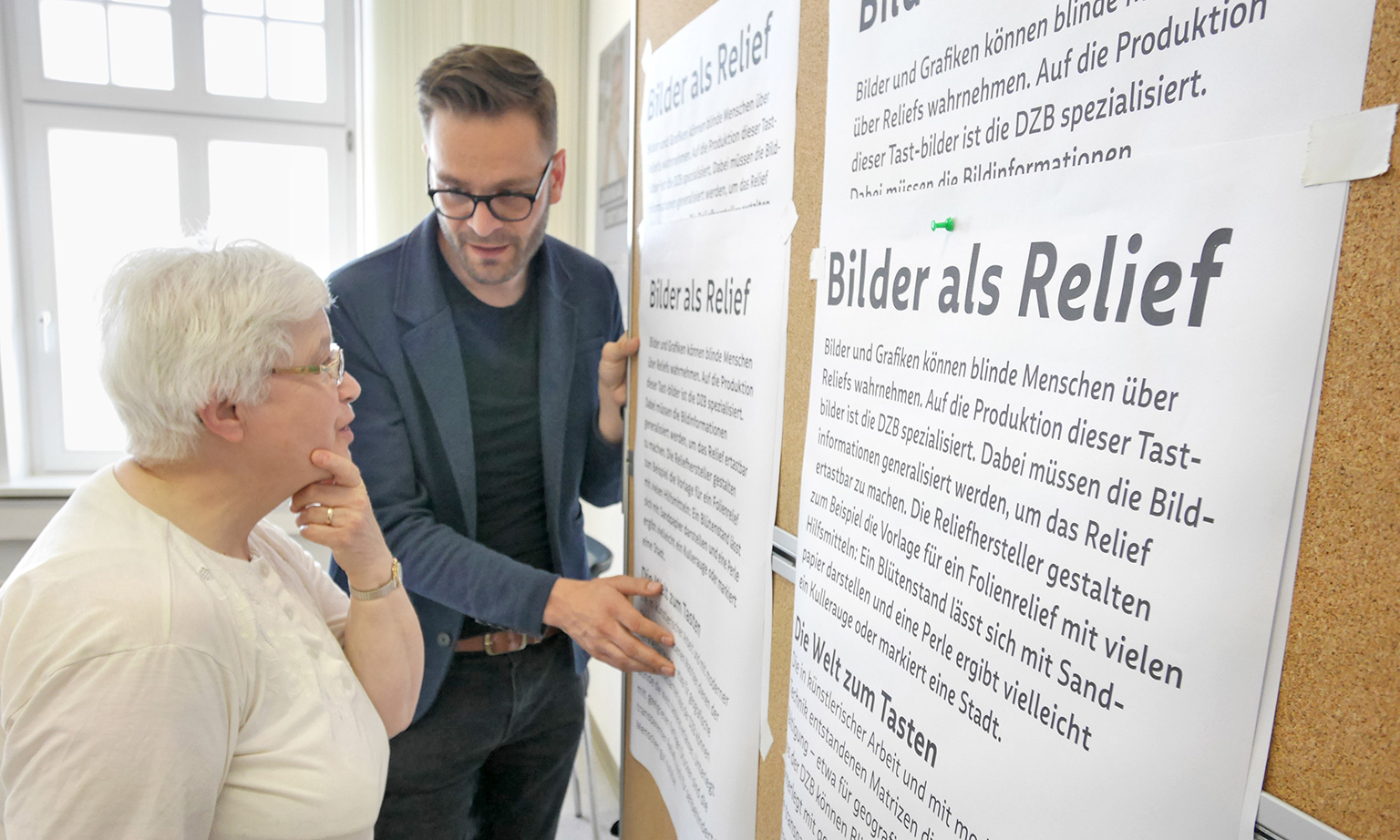
Conferences, talks, education and research:
inkl.Design contributes to a variety of national and international projects in design research. We carry out teaching assignments at the University of Applied Sciences in Berlin and support the National Institute of Design in Bangalore. We are members of the Competence Network Universal Design of the International Design Centre in Berlin, the association Design for All Germany and our social commitment is firmly connected with the non-profit association “Andere Augen” which we founded in 2009.
Our clients:
